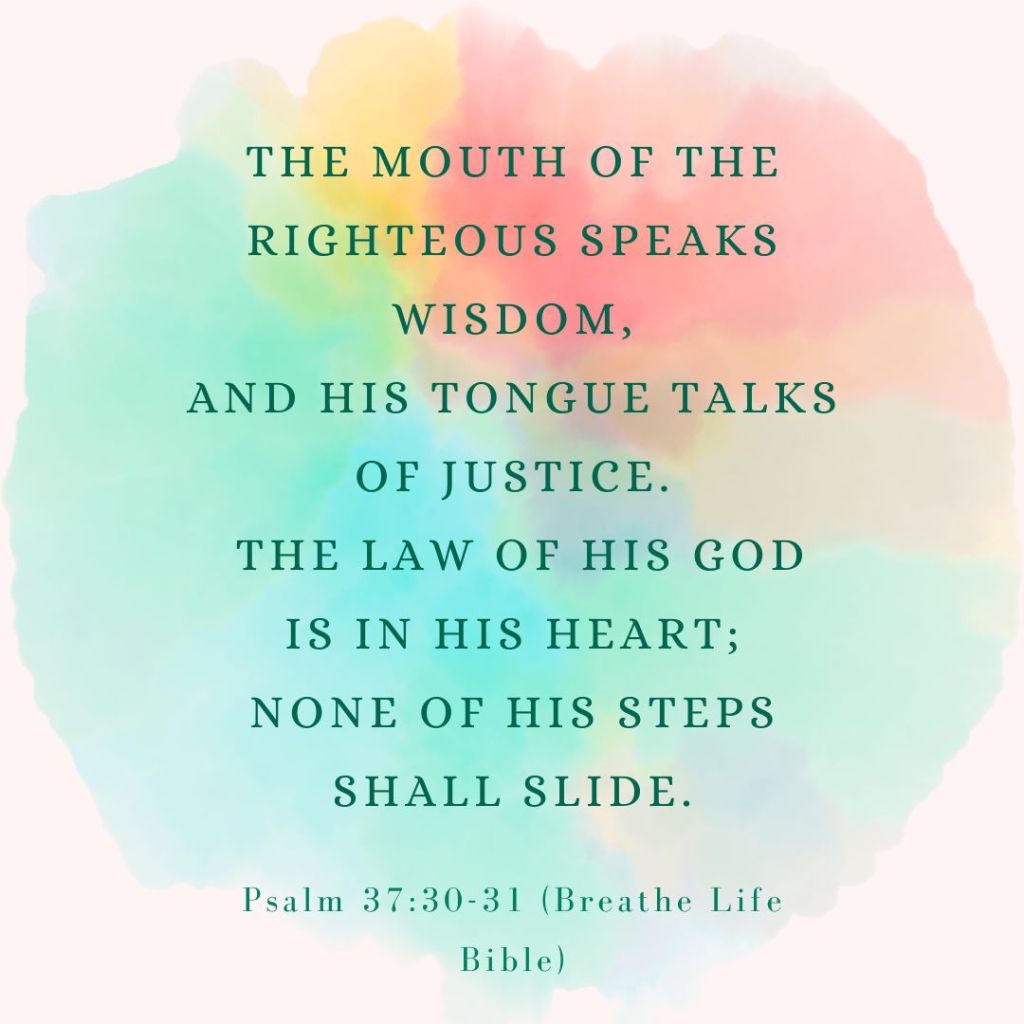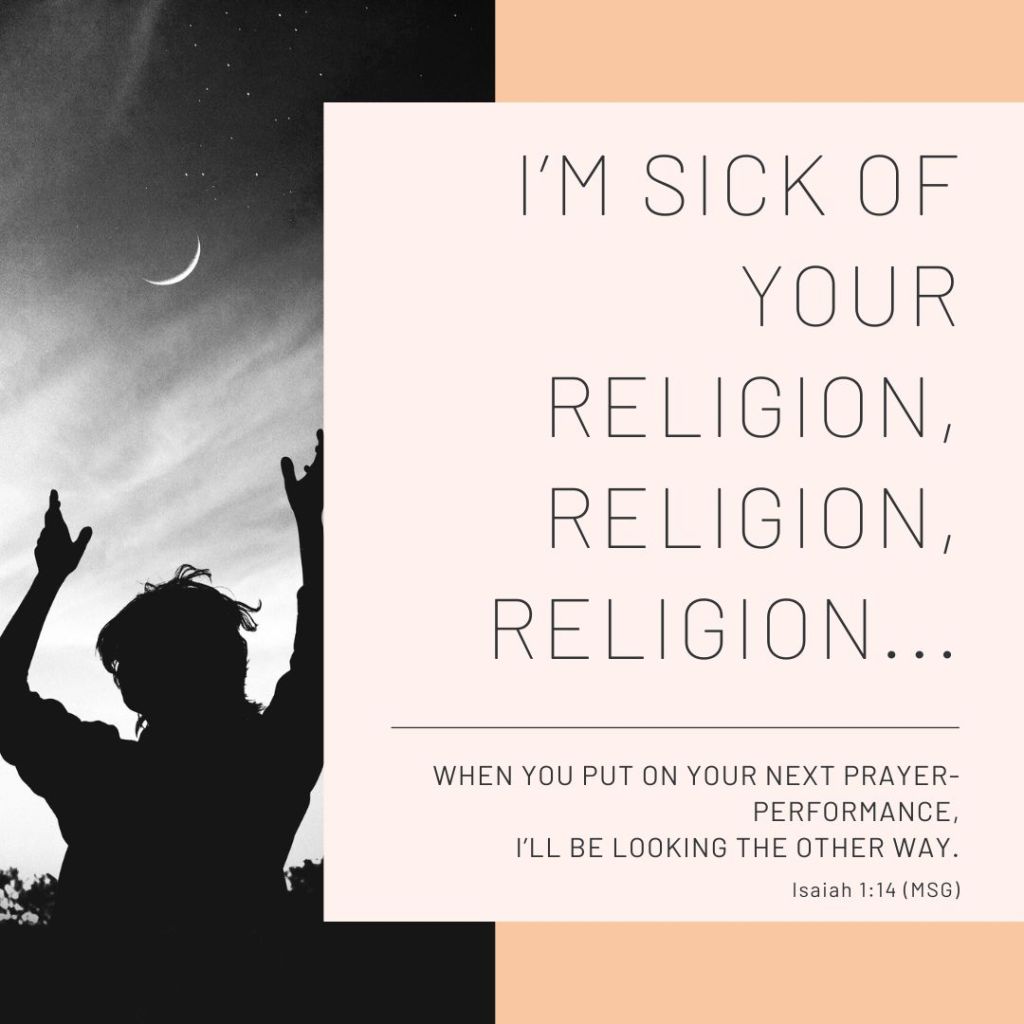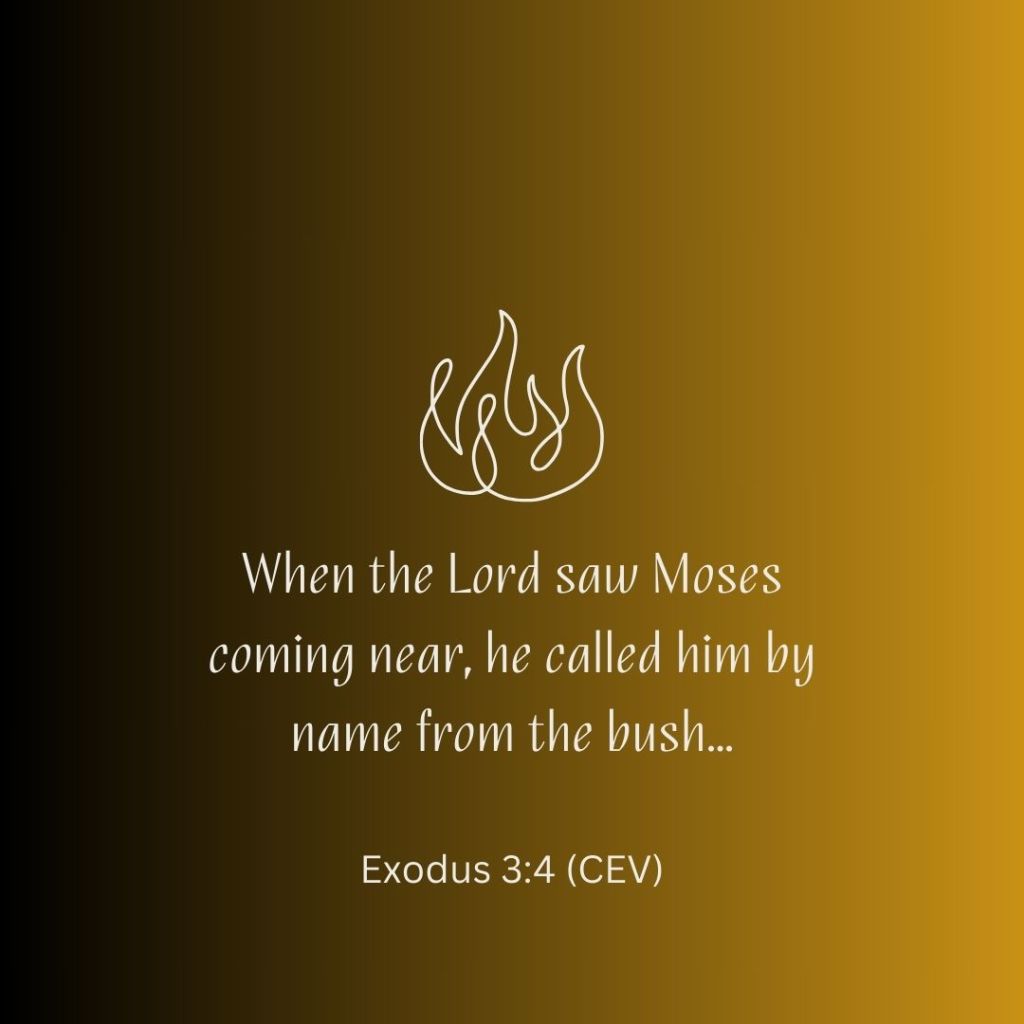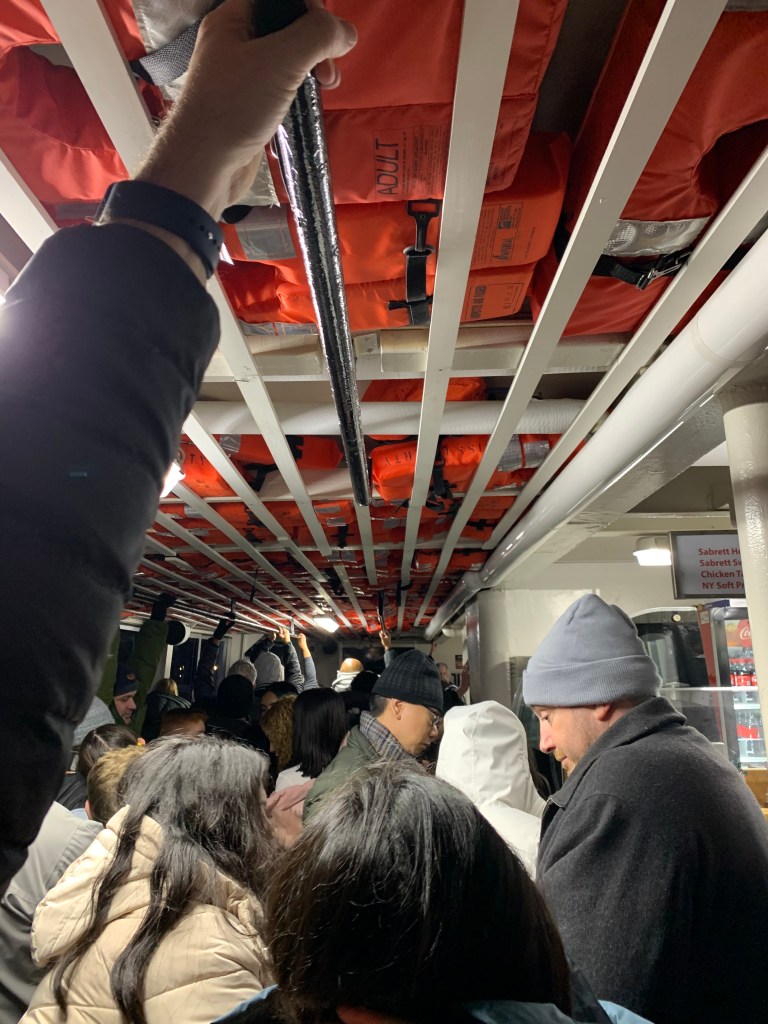
Recently, I had the opportunity to review a couple of Bibles through the Thomas Nelson bible review program. One Bible that I chose to peruse is the Breathe Life Bible. Though I didn’t realize it at the time, this Bible is the perfect resource for anyone who is interested in exploring the crossroads where faith and justice meet. Though compiled with those in mind who daily feel the suffocating effects of racial injustice, it is most certainly not limited to one group. As former Ambassador to the United Nations Andrew Young writes in the forward, the Breathe Life Bible is about putting faith into action, taking an active stand against injustice and oppression. Young writes that this Bible “is about making real the Beloved Community where everyone is valued and cared for.”
When my youngest was about six, he and his brother were walking home from school one afternoon with a few other students who also lived nearby. One of the students had pulled out a Little Debbie snack to eat along the way, but before she could dig in, an older boy snatched it from her hand. My little firebrand would not stand for that. He promptly took the snack back and returned it to the girl, telling the older student, “That’s not right!”
This story always makes me chuckle–if you knew my youngest, you’d understand. He’s always had a fire in his belly to stand up to something, and as he’s gotten older, that hasn’t changed. My son feels strongly about justice…more aptly, he feels compelled to take a stand against what he perceives to be injustice. And there’s a lot of it. Walk down any street in your community and I’ll bet you’ll see it. Poverty; lack of access to resources like healthcare, mental healthcare, addiction treatment, quality education, fresh food; systemic violence….the list goes on and on.
Over the years, I have come to believe that our faith is intricately wound with justice. More specifically, I believe that God calls his people to acts of justice.

I love that the Breathe Life Bible says that the Lord requires his people to DO justly. This call to action encompasses Jesus’ command to love our neighbors as ourselves, and his exhortation to remember that whatever we do for the least of these, we do for him. But God’s message of justice often gets diluted in feel-good messages that only touch the surface of what it means to live a life of faith. As Christians, we have a tendency to become consumers of God, rather than people who act on his word. Author and leader Brian Heasley wrote in a reflection that, “Christianity is not a self-help group.” Though we sympathize with the plight of those suffering injustice, and maybe even empathize at times, how often do we act on their behalf? How often do we stand up and say, “That’s not right!”
The Breathe Life Bible is unique in that it also offers practical insight into how we can cultivate a life of social justice. There are essays by social justice leaders about what it means to put our faith in practice, commentary by Biblical theologians about what it means to act justly, special first-person accounts of Biblical characters that help the reader engage deeply and personally with God’s word, devotions written by pastors and teachers who share how God’s word impacts our lives, and opportunities to simply inhale and exhale God’s spirit.
Here’s a peek at some of those features:



God calls us to DO justice. And the Breathe Life Bible is a good companion for the journey. Regardless of which Bible you use, however, the fact remains that God doesn’t want us sitting on the sidelines of justice. Rather, he calls us to take action–to stand up and, in his name, work to make the world a better place.

God of Justice, open my eyes, stir my heart, and teach me how to do justly, and to love mercy, and to walk humbly with you today. Amen
Blessings and Peace,
Sara






